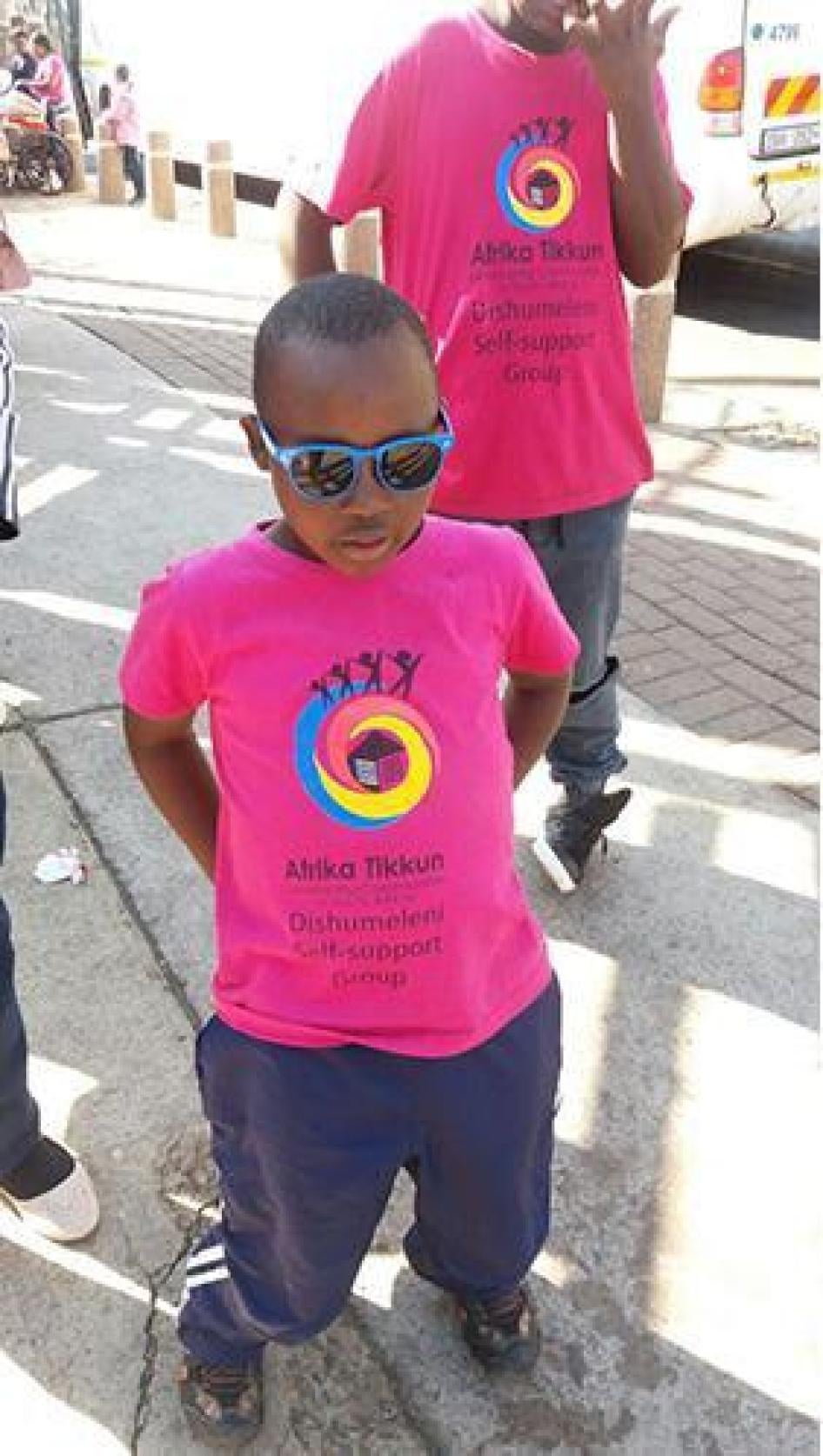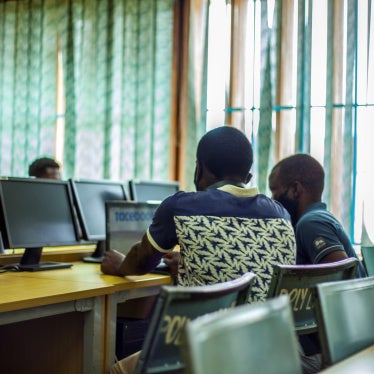This month marks the start of a new school year in South Africa, but many children with disabilities won’t be attending class with their peers. Parents have been told that their children cannot go to mainstream schools, but at the same time many have been told their children will have to wait for a place to come up at a school that provides specialized services. The education of many of these children is left at the mercy of a complex referral system that needlessly results in children with disabilities spending up to four years at care centers or at home while they wait for a place in a special school.
|
Dispatches
Still Out of School in South Africa
Government Should Tackle Discrimination and Exclusion Against Children With Disabilities
Your tax deductible gift can help stop human rights violations and save lives around the world.
Region / Country
Most Viewed
-
November 25, 2019
A Dirty Investment

-
June 3, 2025
“They’re Ruining People’s Lives”

-
January 25, 2024
“We’re Dying Here”

-
April 27, 2021
A Threshold Crossed

-
November 19, 2012
Losing Humanity






